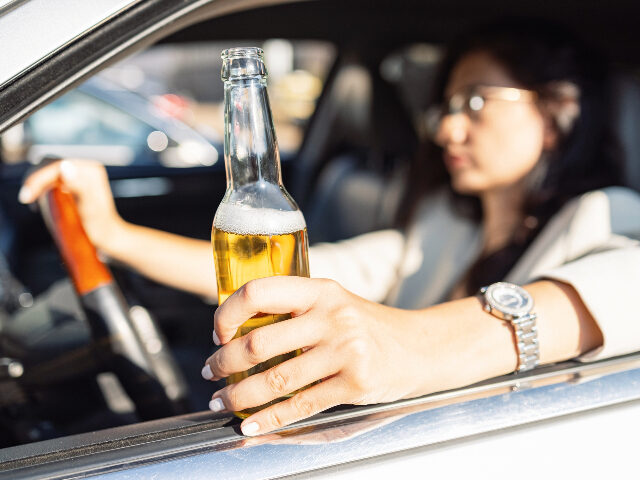Judge John Milton Younge handed down a decision Tuesday in which he found that the statute prohibiting gun possession after a DUI violates the Second Amendment.
The statute is 922(g)(1), and Younge reached this decision after weighing it in light of Bruen (2022).
The plaintiff in the case, Edward A. Williams, filed suit because he was being denied the ability to possess a gun because of a 2005 DUI conviction.
Williams was arrested for driving under the influence in April 2000 and again for his second DUI in 2001. Charges related to the second arrest were dismissed.
He was arrested again in 2004 with a blood alcohol content of 0.223, which is well over the legal limit of 0.08.
In 2005, Williams “was convicted of DUI at the highest rate of intoxication, which, based on his prior offense in 2000, is a first-degree misdemeanor punishable by up to five years in prison.” Judge Younge noted that the “conviction disqualified [Williams] from possessing a firearm under…922(g)(1).”
Younge pointed to Bruen and noted, “The Supreme Court has held that an individual’s conduct may fall outside of Second Amendment protection ‘[o]nly if a firearm regulation is consistent with this Nation’s historical tradition.’”
He also indicated:
Prohibiting Plaintiff’s possession of a firearm due to his DUI conviction is a violation of his Second Amendment rights as it is inconsistent with the United States’ tradition of firearms regulation. The Constitution ‘presumptively protects’ individual conduct plainly covered by the text of the Second Amendment, which includes an individual’s right to keep and bear arms for self-defense.
Younge then pointed to Heller (2008) to flesh out those whose rights the Constitution “presumptively protects,” writing, “Protected individuals presumptively include all Americans.”
He further noted that the Third Circuit in Range v. Attorney General determined:
The Second Amendment does not only belong to ‘law-abiding citizens’ but presumptively belongs to all people, who may then be subjected to the stripping of associated rights….Therefore, the Second Amendment applies to Plaintiff despite his criminal history. Additionally, the Second Amendment clearly covers Plaintiff’s petition to possess a firearm contrary to the prohibitions of Section 922(g)(1).
Younge concluded:
The Court finds that the Government has not carried its burden in proving that the United States’ tradition of firearm regulation supports stripping an individual of their right to possess a firearm because they had previously driven while intoxicated. The application of Section 922(g)(1) to Plaintiff, therefore, constitutes a violation of his Second Amendment rights, and the Court finds that Plaintiff is entitled to the requested relief.
The case is Williams v. Garland, No. 2:17-cv-02641-JMY, in the United States District Court for the Eastern District of Pennsylvania.
AWR Hawkins is an award-winning Second Amendment columnist for Breitbart News and the writer/curator of Down Range with AWR Hawkins, a weekly newsletter focused on all things Second Amendment, also for Breitbart News. He is the political analyst for Armed American Radio and a Turning Point USA Ambassador. He was a Visiting Fellow at the Russell Kirk Center for Cultural Renewal in 2010, a speaker at the 2023 Western Conservative Summit, and he holds a Ph.D. in Military History, with a focus on the Vietnam War (brown water navy), U.S. Navy since Inception, the Civil War, and Early Modern Europe. Follow him on Instagram: @awr_hawkins. You can sign up to get Down Range at breitbart.com/downrange. Reach him directly at awrhawkins@breitbart.com.

COMMENTS
Please let us know if you're having issues with commenting.